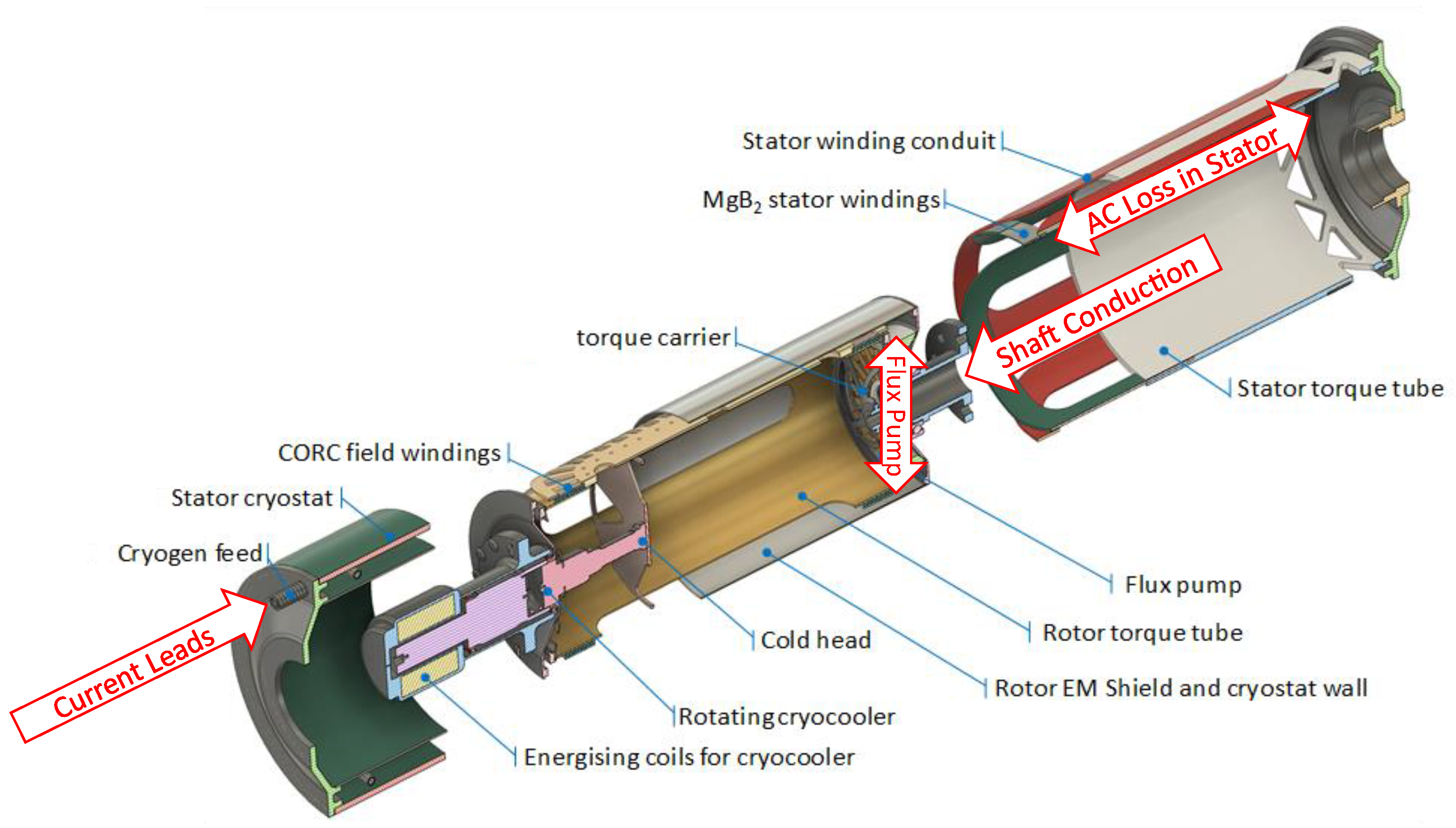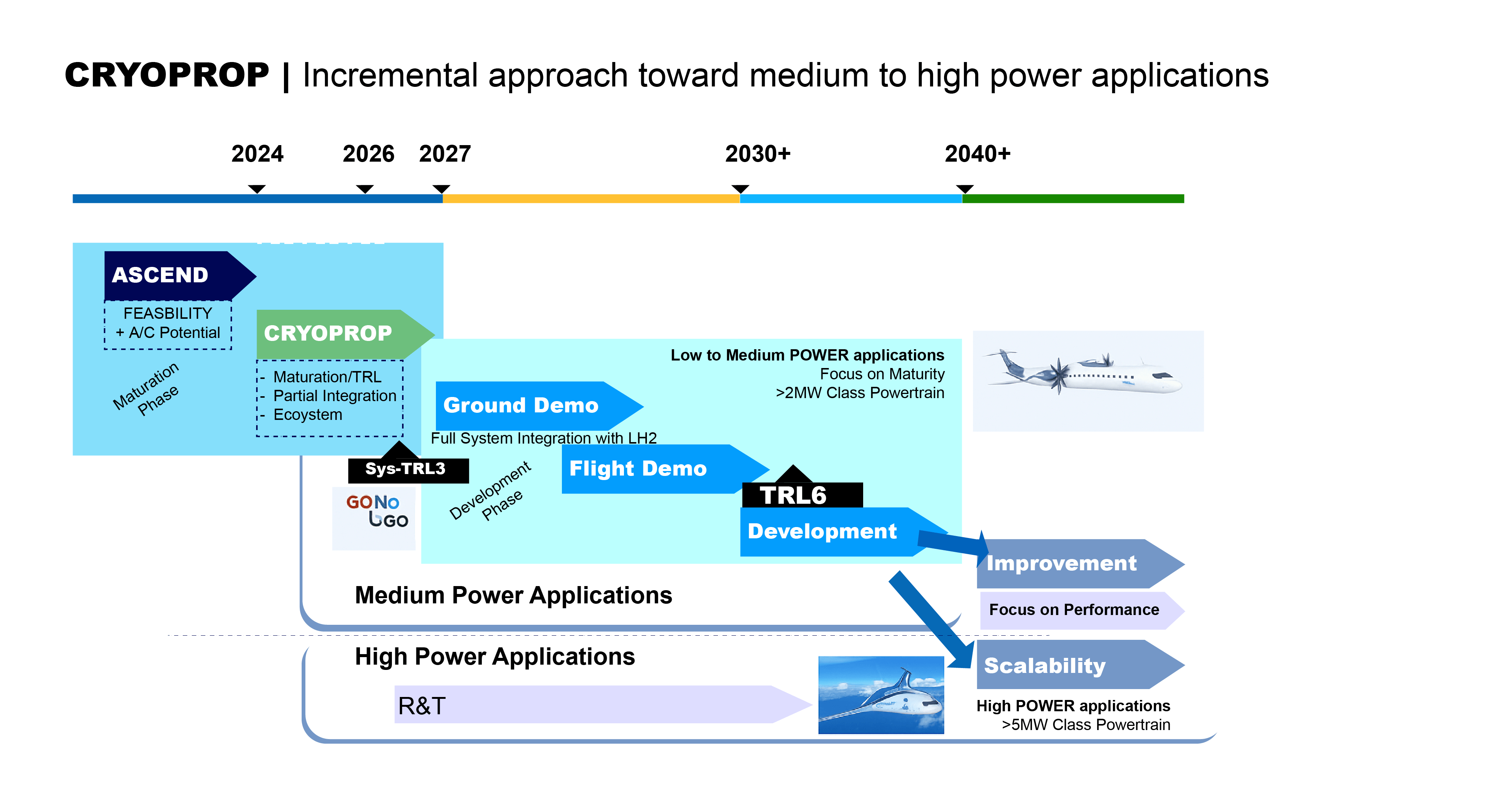Jet Zero Council aims to deliver zero emission transatlantic flight within a generation.
Through its FlyZero project, the Aerospace Technology Institute has identified green liquid hydrogen can deliver this and more. This is a project for a 'Zero Zero emissions aircraft' working with UK Research & Innovation part of BEIS to investing in hydrogen now will capture share of an emerging market, back British jobs, attract inward investment and meet our climate change commitments.
As Katy Milne said at the West of England Aerospace Forum 'Other countries are moving fast on hydrogen aircraft and infrastructure - without action the UK risks being left grounded'.
We believe there is a transition to de-carbonise and about to become an opportunity to create jobs, France, Germany, US and South Korea - we can see a way to completely decarbonise Aviation and use of kerosene, and because it is becoming totally unacceptable to emit CO2. A number of countries have set a target for Net Zero by 2040 in domestic aviation, and progressively expecting to see Aviation regulation tightning.
Aerospace development cycles are 25 years and we need to go now, and there are two routes - Burning Hydrogen or using Hydrogen in a Fuel Cell, the Gas Turbine option, vs Fuel Cell with zero NOx. Battery electric are confined to smaller and shorter haul routes, and cannot address the mass market for aviation. The other options are Sustainable Aviation Fuels which are drop in fuels to Kerosene, and need Carbon Capture (which is lower level Technology) and needs investment.

Hydrogen Powered Aircraft were explored with Scout Aircraft



Key Findings
• Green liquid hydrogen can enable zero-carbon emission flights to anywhere in the world with just one stop.
• Overcoming the challenges liquid hydrogen brings including thermal management, cryogenic storage, on aircraft fuel distribution and certification will require concerted national effort.
• The UK should pursue both liquid hydrogen and SAF at pace.
• The UK needs to act now, to avoid being ‘locked out’ of the zero-carbon aerospace sector including by:
• Accelerating UK and global aircraft development
• Developing liquid hydrogen fuel supply and airport infrastructure
• We need international collaboration and partners to address this global challenge.
HyFlux is working on solutions
The building blocks for Technology to deliver any of these concepts have highlighted Cryogenic Liquid Hydrogen, Thermal Management, and Cryogenic Superconducting Motors and Controllers within our solution with at least 4x power density benefit over existing motors.





